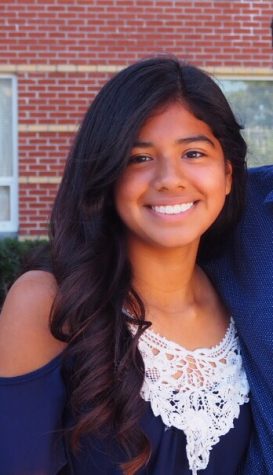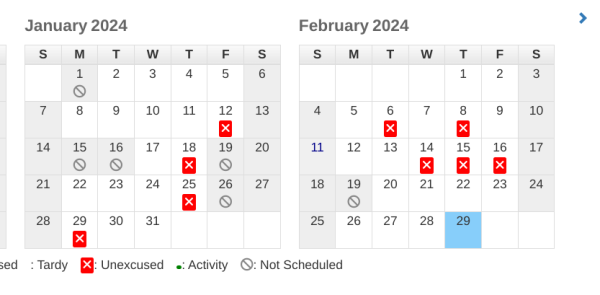IB curriculum changes impact students
There will be new changes in the Mathematics and English curriculum that will take effect next year. Regarding Mathematics, sophomores will now sign up for an IB class without deciding to take Standard Level or Higher Level until picking senior year classes. This originally only applied to science, social studies and English.
In addition to that, the one year IB Math course and Pre-Calculus will be eliminated. Instead, there will be two new math classes: IB Applications and IB Analysis and Approaches.
“Every seven years, IB updates all of its curriculum on a cycle. This is done to make sure the assessments are fair, and the reading lists for English are on a wide range of authors. It’s all for good intent,” IB Coordinator Linda Bradshaw said.
IB Applications will focus more on real-world math concepts, reviewing previous math, statistics and a brief introduction to Calculus. This class is targeted towards students who enjoy reading and writing and would like a solid mathematics background.
IB Analysis will have a faster pace and focus more on Calculus. This class is targeted towards more advanced mathematics students. Both classes are two year courses and could lead into HL math senior year. It may also mean that high school graduates can skip Calculus 1 and 2 in college and go straight to Calculus 3.
“Some of the concerns for the IB Math curriculum is that we are not having a specific class called ‘Precalculus’ anymore, but that material will all be embedded into the two new math curriculums,” Bradshaw said.
However, for sophomores currently in Precalculus with Trigonometry, taking the harder IB math class next year, Analysis, would still mean repeating a lot of the same material. Current Pre-Calculus and IB HL II teacher Roberto Obando even said that he thinks 70% of the Analysis material will be the same as in Pre-Calculus. Because this only affects around thirty students, there is no action being taken. Bradshaw explained that this could possibly lead to teachers doing separate activities in their classes to still challenge those specific sophomores.
The new IB guide was released this month. “It’s going to take a lot of time for the IB English teachers to read the guide and find what we need to change. The fact that not only our assessment but also the text is changing is going to lead to us overhauling a lot of what we’re doing,” IB English teacher McClain Herman said.
According to IBO, the IB English course will now incorporate six principles in the studies of language and literature. The new curriculum will allow for more organization and sequencing, thus more variety between courses. Some students don’t like this but will still be taking the class. “I prefer to work by myself because I know I can be dependable, so more group projects seem annoying,” sophomore Eva Gomez said.
t also promotes more activities employing collaboration between students.
“The downside is that we have very little wiggle room on teacher preparing materials,” Bradshaw said. Teachers will be introduced and have to learn the new curriculum by August. “It’s a good thing that IB is changing because it means that IB is being reflective of how they can continually improve their assessments and curriculums,” Herman said.
Juniors who are currently enrolled IB Math Studies, IB Math or IB English will finish the old curriculum next year.
The current sophomores will be starting the new curriculum next year as juniors. The new English and Math classes will be a two-year courses and the new IB exams will be released by 2021. Underclassmen will still not be able to take an HL exam until their senior year.
Students that want to start IB Math as a junior have to finish Algebra 1, Geometry and Algebra 2. Students will have the ability to take a math class over the summer in order to take IB math junior year.
Although IB curriculum changes happen routinely, it still requires effort on the part of teachers and students alike to pull it off.

Senior Khadija Ahmed is in her fourth year at The A-Blast. She has previously been a staff writer, Academics Editor and Managing Editor. In her free time,...

Senior Kimberly Laura is currently the Co-Editor In Chief. This is her fourth year in The A-Blast; she was previously the In-Depth editor. In the fall,...







